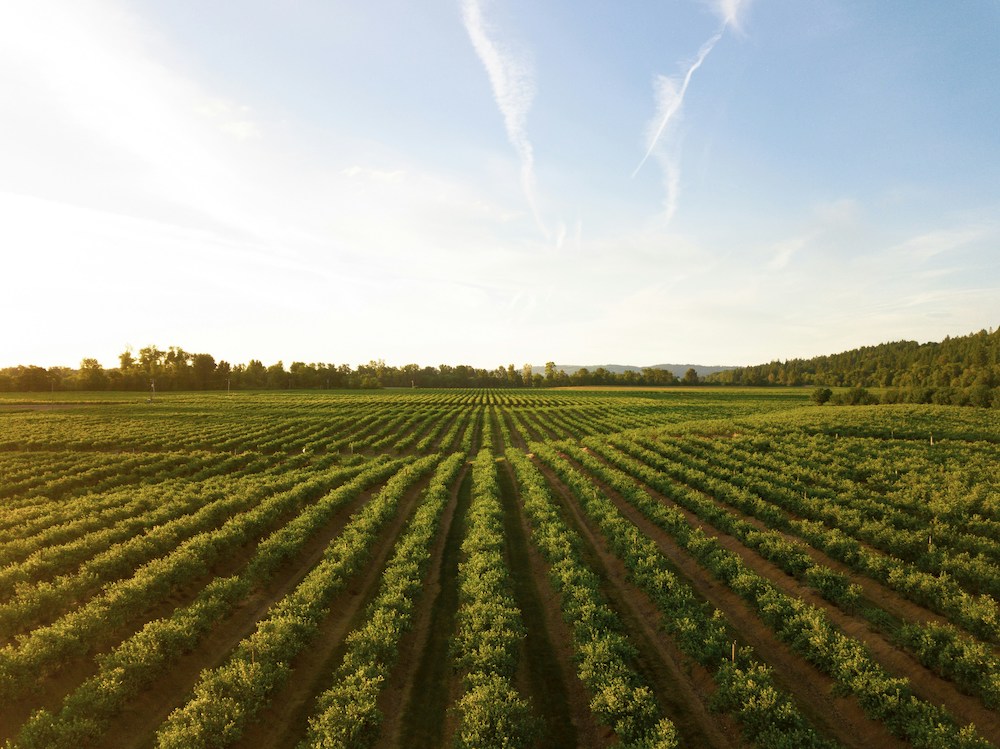
- Details
- By Tribal Business News Staff
- Higher Education
The U.S. Department of Agriculture has partnered with the College of Menominee Nation in northeastern Wisconsin on a grant program for the state’s federally recognized tribes and their members.
Under this initiative, tribes, tribal entities, or existing business owners who are enrolled members or descendants of Wisconsin's 12 federally recognized tribes are eligible to apply for grants of up to $5,000. These grants are intended to support food sovereignty or community development projects. The deadline for applications is set for June 1.
Projects must have a clear emphasis on natural resources, sustainable foods, and/or nutrition, according to the school’s website. Projects must also align with the goals of fostering food sovereignty and community development within tribal communities.
According to a USDA project summary, the grants should help bring more professionals into agriculture through support at the college.
“The most noticeable impact will be the increase in American Indians graduating in [agricultural fields] to become the next generation of professionals in Tribal and rural communities in Wisconsin and beyond,” the summary reads.
Funding is supported by USDA’s “From Learning to Leading: Cultivating the Next Generation of Diverse Food and Agriculture Professionals” program, or NextGen. Managed by the National Institute of Food and Agriculture, NextGen aims to increase capacity for student support at eligible institutions. Those include land grant universities, Alaska-Native serving institutions, and Native Hawaiian-serving institutions.
NextGen supports student scholarships, experience learning, and outreach and engagement projects. The program also provides technical assistance for grant development and grant management, as well as project success tracking and analysis. So far the NextGen project has supported 33 projects across 24 states and insular areas. Each project is funded for five years.
